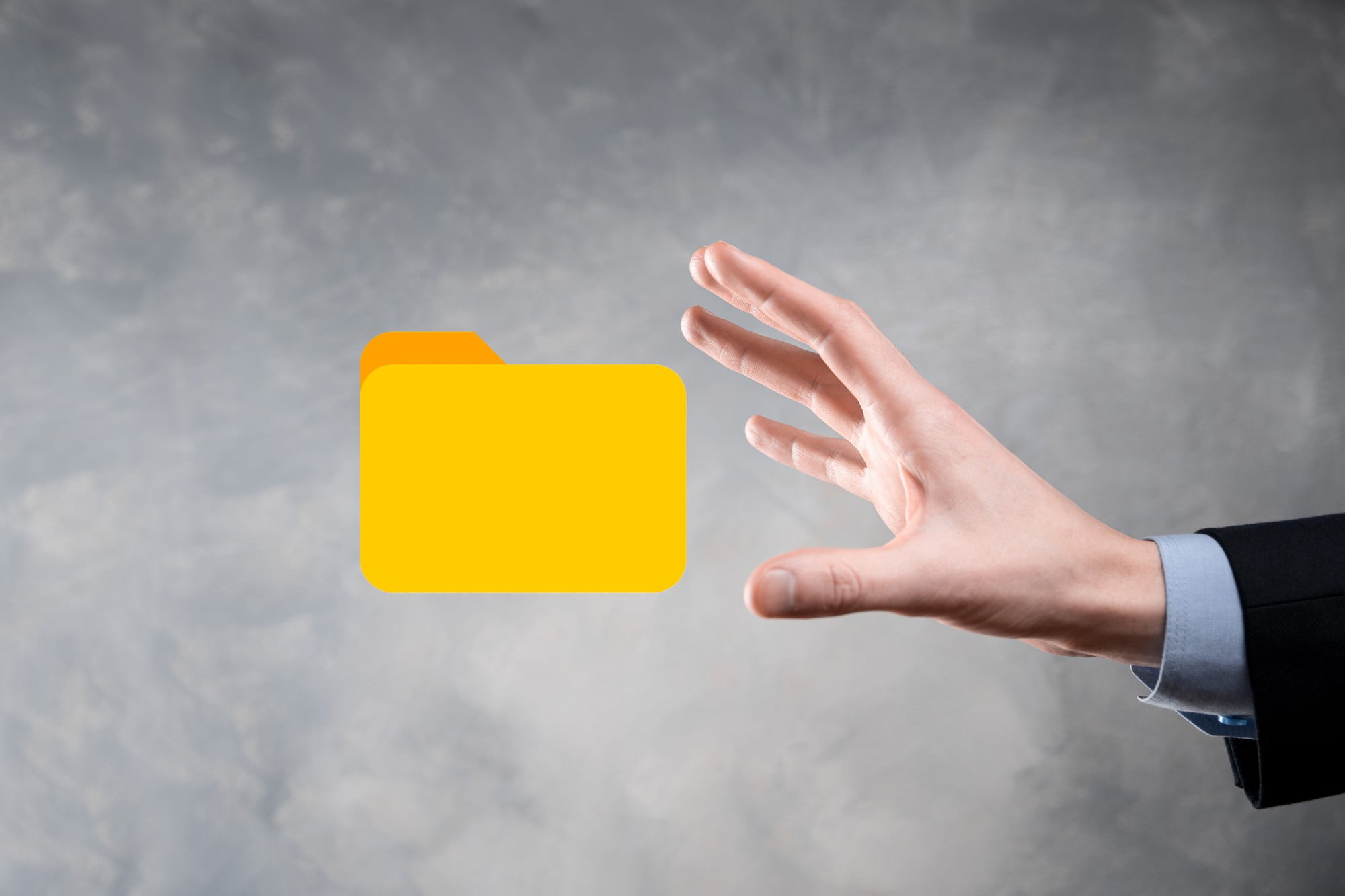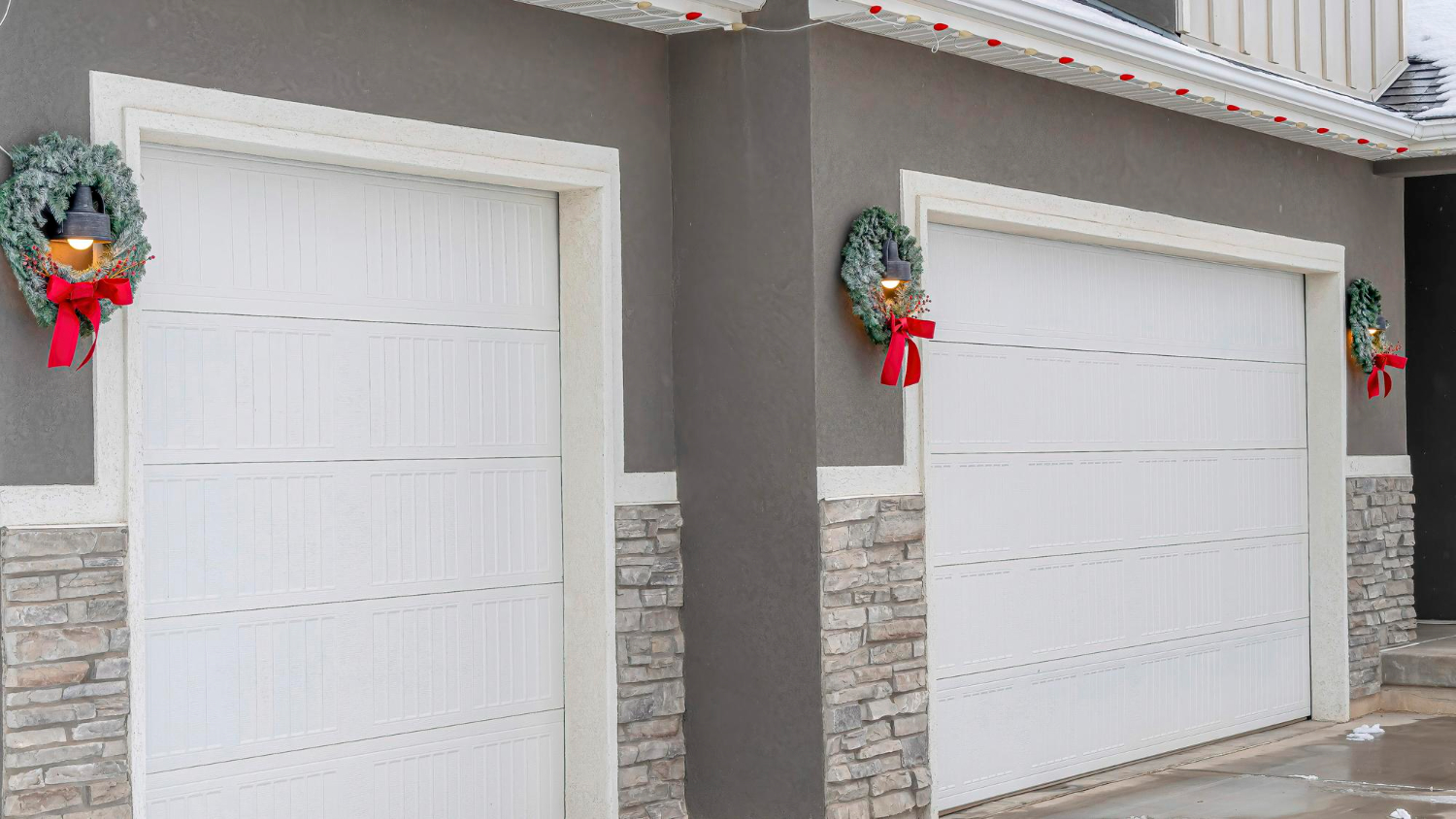Polite expressions are a cornerstone of effective communication in any language, and French is no exception. When learning French, one of the essential phrases you need to master is “You’re welcome,” or de rien.
This guide will walk you through the various ways to express this sentiment in French, providing you with the tools to navigate everyday conversations with ease and confidence.
Table of Contents
ToggleUnderstanding “You’re Welcome” in French
Translation
The phrase “You’re welcome” translates to de rien in French. However, understanding its usage goes beyond mere translation; it’s about grasping the nuances of politeness in various contexts.
Contextual Meaning
De rien conveys gratitude and serves as a polite response when someone thanks you. It’s a way of affirming that you were more than happy to assist, underlying a core value in French culture: the significance of courtesy in communication.
Different Ways to Say “You’re Welcome”
There are several expressions in French that can be used interchangeably with de rien, each suited to different social contexts. Here’s a closer look at these alternatives:
- De rien: The most commonly used phrase; suitable for almost any situation, both formal and informal.
- Je vous en prie: A more formal expression, ideal for addressing people of higher social status or in professional settings. It adds a level of respect to the interaction.
- Pas de problème: This informal phrase translates to “No problem” and is typically used among friends and peers.
- Avec plaisir: Meaning “with pleasure,” this expression emphasizes your eagerness to help and suggests that you were genuinely happy to assist.
- Il n’y a pas de quoi: Equivalent to saying “It’s nothing,” this phrase conveys humility, suggesting that the assistance provided was a minor effort.
Situational Usage
Casual Conversations
Understanding when to use each variation is essential for smooth interactions. Here are some examples:
- De rien: Used when a friend thanks you for lending them a book.
- Pas de problème: Ideal when a colleague thanks you for helping them out with a quick task.
- Avec plaisir: Perfect for responding to someone expressing gratitude for a favour, like helping them set up for an event.
Formal Situations
In formal settings, it becomes crucial to gauge the relationship and social status of those involved:
- Je vous en prie: Used in business meetings when a client thanks you for your assistance.
- Il n’y a pas de quoi: Appropriate in situations where you want to downplay your efforts, such as when assisting a superior.
Cultural Nuances
Politeness in French Communication
Politeness is deeply embedded in French culture, dictating interactions between individuals. Understanding these nuances is key to connecting with French speakers on a deeper level.
Using appropriate expressions not only showcases your knowledge of the language but also reflects your respect for the cultural context.
The Cultural Significance of Expressing Gratitude and Welcoming
Expressions of gratitude in French convey appreciation and strengthen the bonds of mutual respect. By mastering the art of saying “You’re welcome,” you show that you value the exchange and the relationship between you and the speaker.
Common Mistakes
Using Informal Language Incorrectly
Non-native speakers often misjudge the level of formality required in specific conversations. Using informal language in a formal situation can come across as disrespectful. Always consider the context and the relationship before deciding on which phrase to use.
Over-apologising
In French culture, excessive apologies or thanks can dilute the sincerity of your expression. It’s essential to be straightforward and maintain a balance; saying “thank you” followed by de rien is often sufficient.
Engaging Practice Tips
Real-Life Scenarios
Practicing these phrases in everyday conversations can significantly boost your confidence and fluency. Consider these scenarios:
- At a café: When receiving your order, thank the staff and practice responding with de rien.
- During group outings: Use casual expressions like pas de problème when friends thank you for organizing plans.
Language Resources
To further enhance your learning experience, consider these recommended apps, websites, and communities:
- Apps: Popular language learning apps like Duolingo and Tandem can complement your studies with interactive lessons and speaking practice.
- Websites: Utilizing resources such as French podcasts and YouTube channels dedicated to language learning can immerse you in the French language.
- Communities: Join online French language forums and practice groups, where you can engage with fellow learners and native speakers.
Conclusion
Mastering how to say “You’re welcome” in French enriches your communication skills and opens doors to more meaningful interactions with French speakers.
By employing the various phrases mentioned, you not only convey your willingness to assist but also respect the nuances of the language and culture. Practice these expressions in varied contexts, and you’ll find that your confidence in conversing in French will flourish.
FAQs
1. What are other polite expressions in French?
In addition to de rien, other essential phrases include:
Merci beaucoup (Thank you very much)
Je vous remercie (I thank you)
C’est un plaisir (It’s a pleasure)
2. Can I use “De rien” in all situations?
While de rien is versatile, it’s important to gauge the context. In formal occasions, expressions like je vous en prie or il n’y a pas de quoi are more appropriate.
3. How to respond when someone says “Merci”?
Suggested responses may include:
De rien (You’re welcome)
Avec plaisir (With pleasure)
Pas de problème (No problem)









